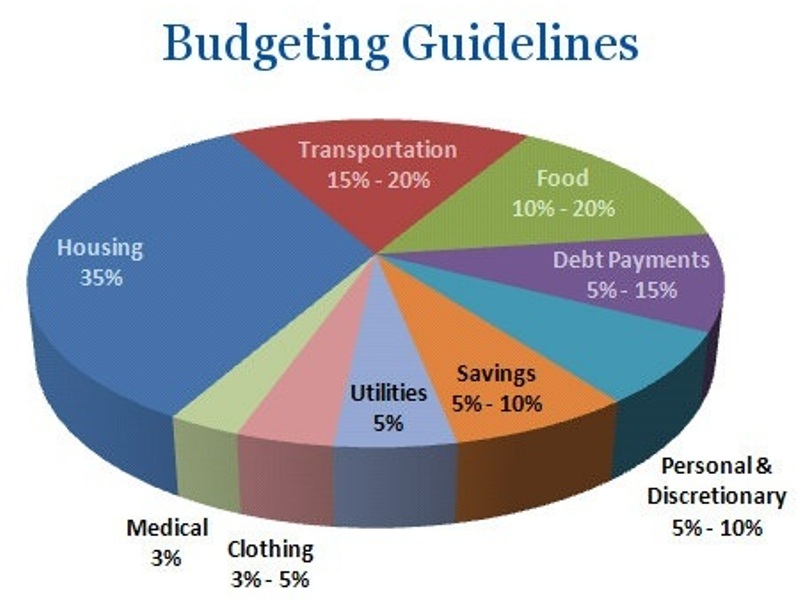When considering the twilight years of one’s life, financial security becomes a paramount concern. Among the various strategies to manage expenses during retirement, relocating to reduce housing costs emerges as a significant option.
Potential Benefits and Challenges of Relocation
Financial Realities of Retirement
Retirement brings about a seismic shift in income sources, moving away from regular paychecks to potentially more fluctuating sources like pensions, Social Security benefits, and withdrawals from savings accounts, including 401(k)s and IRAs. For many, these changes necessitate a reassessment of spending and budgeting, particularly concerning housing costs, which often represent a substantial portion of monthly expenses.
Housing expenses do not only include monthly rent or mortgage payments but also encompass maintenance costs, property taxes, insurance, and utilities, all of which can deplete a retiree’s limited income. According to the U.S. Census Bureau, the median monthly housing cost for retirees is approximately $1,080. However, this can vary widely depending on location, with costs in some cities far exceeding this amount.
Benefits of Relocating
Reducing living expenses is perhaps the most straightforward benefit of relocating for retirees. Many find that moving from high-cost urban areas to more affordable rural or suburban locations can significantly decrease their overall living costs. For instance, states like Florida and Texas offer not only a lower cost of living but also tax benefits such as no state income tax, which can be advantageous for those on a fixed income.
Moreover, downsizing to a smaller home or moving into a retirement community can lead to lower utility costs, reduced maintenance needs, and possibly a more community-oriented, supportive environment. These factors can not only ease the financial burden but also enhance the quality of life.
Considerations Before Making a Move
However, the decision to relocate should not be taken lightly. It involves numerous considerations beyond mere financial calculations. Social and emotional factors play a crucial role. Moving away from a long-established community, friends, or family can have significant emotional repercussions. Additionally, one must consider the proximity to healthcare facilities, especially those specializing in geriatric care, which becomes increasingly important as one age.
Accessibility and safety features of a new home are also critical considerations. Features such as no-step entries, single-floor living, and other age-friendly home modifications should be on the checklist when selecting a new residence.
The Process of Relocation
For those deciding to move forward with relocation, the process involves several steps. First and foremost is choosing the right location. This decision should be based on thorough research regarding the cost of living, climate, healthcare facilities, and social opportunities in the potential new area.
Once a location is selected, the next step often involves listing your house for sale. This process itself can be daunting and requires careful planning. It’s advisable to consult with real estate professionals who understand the market trends in your area to ensure you receive the best possible return on your investment.
Potential Downsides
It’s important to acknowledge the potential downsides of relocating. The financial cost of moving can be high, including the expenses related to buying a new home, moving belongings, and possibly paying for temporary housing. Additionally, the emotional strain of moving from a familiar environment, coupled with the effort required to establish oneself in a new community, can be significant.
Conclusion
Relocating to reduce housing costs in retirement can offer substantial financial relief and possibly a more comfortable lifestyle. However, it’s a complex decision that should be approached with comprehensive planning and consideration of both financial and emotional factors. Each individual’s situation is unique, and what works for one person may not be suitable for another. Therefore, it’s crucial to weigh the pros and cons, consider personal priorities, and possibly consult with financial advisors to make an informed decision.
While the idea of reducing expenses through relocation is appealing, it necessitates a balanced approach to ensure that the benefits outweigh the costs and that the quality of life during retirement is not only maintained but enhanced.









































